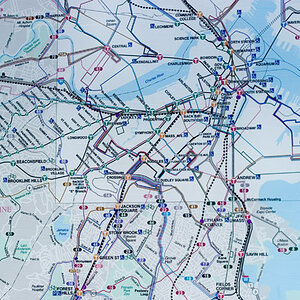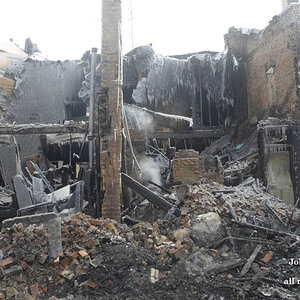Gaerek
No longer a newbie, moving up!
- Joined
- May 2, 2009
- Messages
- 1,341
- Reaction score
- 98
- Location
- Tucson, AZ
- Can others edit my Photos
- Photos NOT OK to edit
Adams wrote "The Camera", "The Negative" and "The Print" between 1948 and 1950, showing in detail that it's a 3 step process to get a photo, most of which happens in the dark room. Photographers have always known it, Adams wrote about it.
All photos must be processed. Film or digital, it's always been true and it remains true.
Your choices:
1. Let the camera decide how to process it.
2. Let the Lab decide how to process it.
3. Take control and process it yourself the way you want it.
Most of us opt for #3. It's just that simple.
Could not have said this better myself. :thumbup:




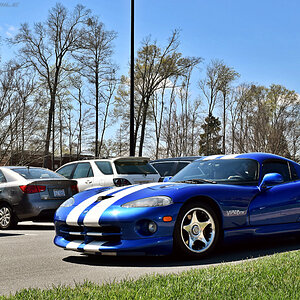

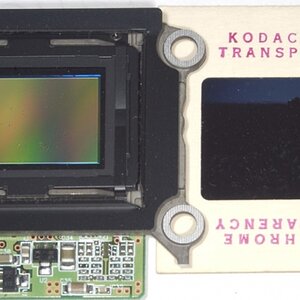

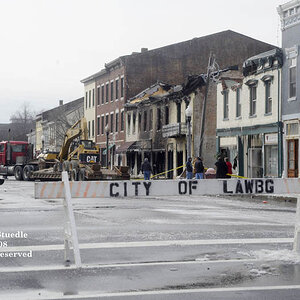
![[No title]](/data/xfmg/thumbnail/36/36667-b3265abf8272f21d759a0abd6a0995c3.jpg?1619737676)


